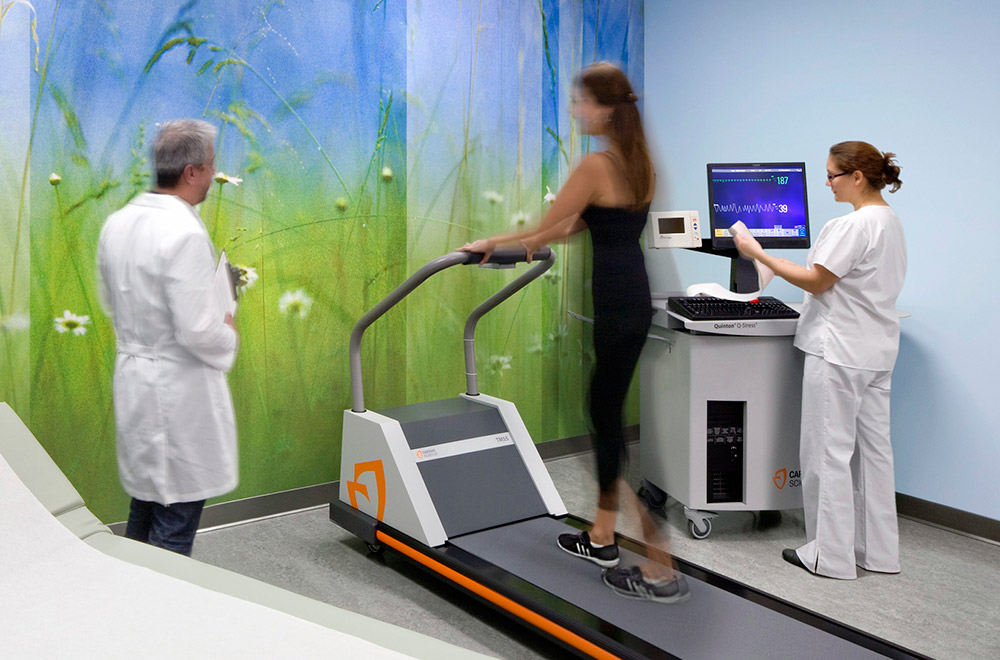Rebecca Hathaway, RN, MSN and senior vice president of healthcare at HMC Architects, recently earned an evidence-based design accreditation and certification (EDAC) from The Center for Health Design. With this certification, Hathaway joins an elite group of professionals in the healthcare industry.
[nggallery id=36]
The accreditation tests individual knowledge and understanding of how to base healthcare building design decisions on research and critical thinking to create environments that improve patient and staff outcomes, as well as operational outcomes.
According to Hathaway, “The creation of healing environments is an art and a science. Every design decision we make can affect patient healing and operational efficiency. The principles of EDAC challenge practitioners to make informed design decisions based upon the best available evidence.”
The Center for Health Design says that scientific research supports the notion that the evidence-based design approach to healthcare design can improve patient outcomes. Design characteristics, such as single-rooms versus multi-bed rooms, reduced noise, improved lighting, better ventilation, better ergonomic designs, supportive workplaces, and improved layout can contribute to improved outcomes for patients, families, and staff.
Hathaway holds a diploma from St. Luke’s Hospital School of Nursing in St. Louis, Mo., with bachelor and master degrees in nursing from St. Louis University, St. Louis, Mo. She has served as hospital administrator for two hospitals in the Kaiser Permanente Healthcare System, as CEO and COO of Scripps Hospital Encinitas in San Diego, and also served in key nursing leadership roles at University of California, Los Angeles Medical Center for 15 years. She is a member of the American College of Healthcare Executives, the American Organization of Nurse Executives, and the San Diego Organization of Healthcare Leaders.
About The Center for Health Design
The Center for Health Design (CHD), formed in 1993, is a nonprofit research and advocacy organization of forward-thinking healthcare, elder care, design and construction professionals and product manufacturers who are leading the quest to improve the quality of healthcare facilities and create new environments for healthy aging. Its voluntary board of directors guides the work of paid staff that manages and directs the organization’s research, education, outreach and advocacy efforts. For more information, visit www.healthdesign.org.
